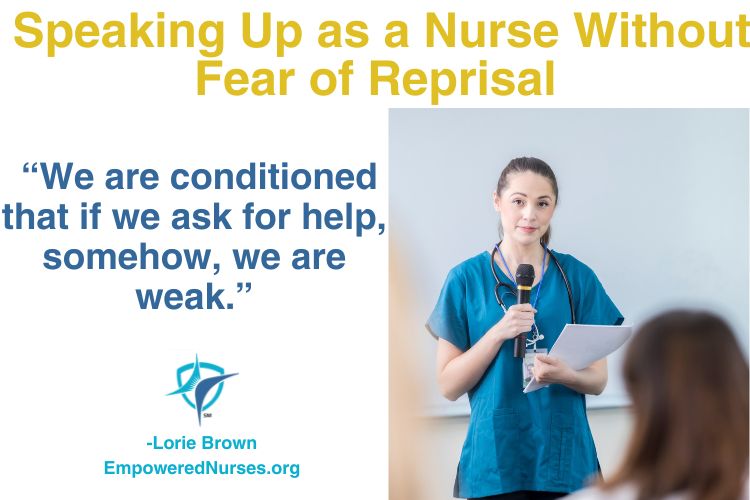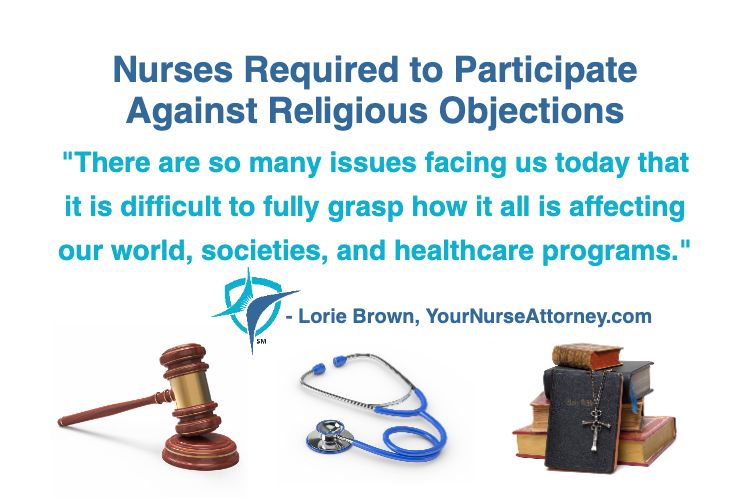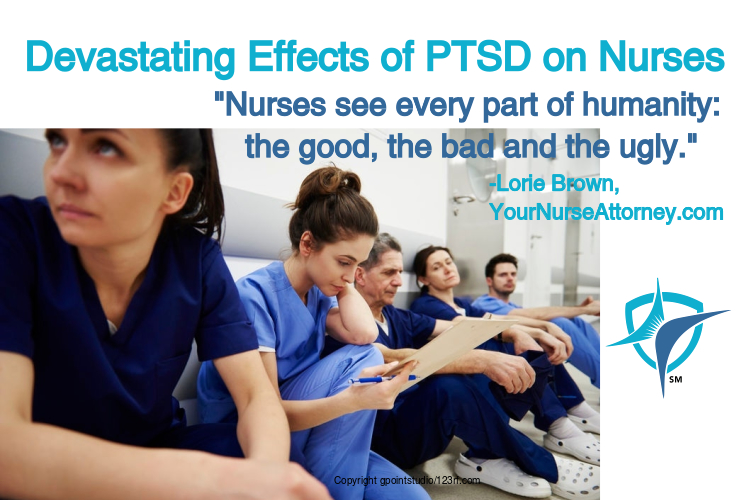As nurses, we feel like we have to do everything ourselves. We are conditioned that if we ask for help, somehow, we are weak. We are also conditioned that if we speak up, we will get in trouble and some of us may not be conditioned but have a fear of speaking up.
In the dynamic and challenging world of healthcare, nurses play a crucial role in patient care. While our primary focus is on the well-being of their patients, there are instances where speaking up becomes essential for the betterment of the healthcare environment. However, the fear of retaliation or termination can be a significant barrier. Guidance on how nurses can effectively voice their concerns without jeopardizing their careers.
- Know Your Rights: Before taking any steps, it’s crucial to understand your rights as a nurse. Familiarize yourself with the policies and procedures of your healthcare institution regarding reporting concerns. This knowledge will empower you to navigate the process confidently.
- Choose the Right Time and Place: Timing is crucial when it comes to expressing concerns. Find an appropriate time and place to discuss your issues with the relevant individuals. It’s essential to ensure that the conversation won’t disrupt patient care and can be conducted in a private and confidential setting.
- Pick your Battles: if what you want communicate is not going to serve a purpose, ask yourself is it worthwhile to share.
- Use Constructive Communication: When speaking up, focus on constructive communication. Clearly articulate your concerns, providing specific details and examples. Avoid accusatory language and instead emphasize your commitment to patient safety and the overall well-being of the healthcare team.
- Bring Solutions: don’t complain but give your suggestions for improvement.
- Document Everything: Keep a detailed record of the incidents or concerns you wish to address. Documenting dates, times, and specific details will not only strengthen your case but also serve as a reference in case of any disputes. Make sure to maintain confidentiality while documenting sensitive information.
- Engage in Open Dialogue: Encourage open dialogue by actively listening to the perspectives of others. Engage in a respectful conversation that fosters a collaborative approach to problem-solving. Being receptive to feedback and suggestions can contribute to a more positive resolution.
- Involve the Chain of Command: Follow the established chain of command within your healthcare institution. Start by addressing your concerns with your immediate supervisor or manager. If the issue persists, escalate it to higher levels of management, ensuring that you adhere to the proper reporting channels.
- Seek Support: Speaking up can be emotionally challenging, and it’s essential to seek support from colleagues, mentors, or professional organizations. Having a support system can provide guidance, reassurance, and validation of your concerns.
- Create a win-win: Your solution should create a win-win for you and your healthcare institution.
- Familiarize Yourself with Whistleblower Protection Laws: Be aware of whistleblower protection laws that may apply in your jurisdiction. Understanding these laws can provide you with additional reassurance and protection as you navigate the process of raising concerns.
Speaking up as a nurse is not only your right but also your responsibility to ensure the highest standards of patient care. By approaching the situation with professionalism, using constructive communication, and following established procedures, nurses can voice their concerns without fear of termination. It’s a collective effort to create a healthcare environment that prioritizes patient safety and the well-being of the entire healthcare team.










